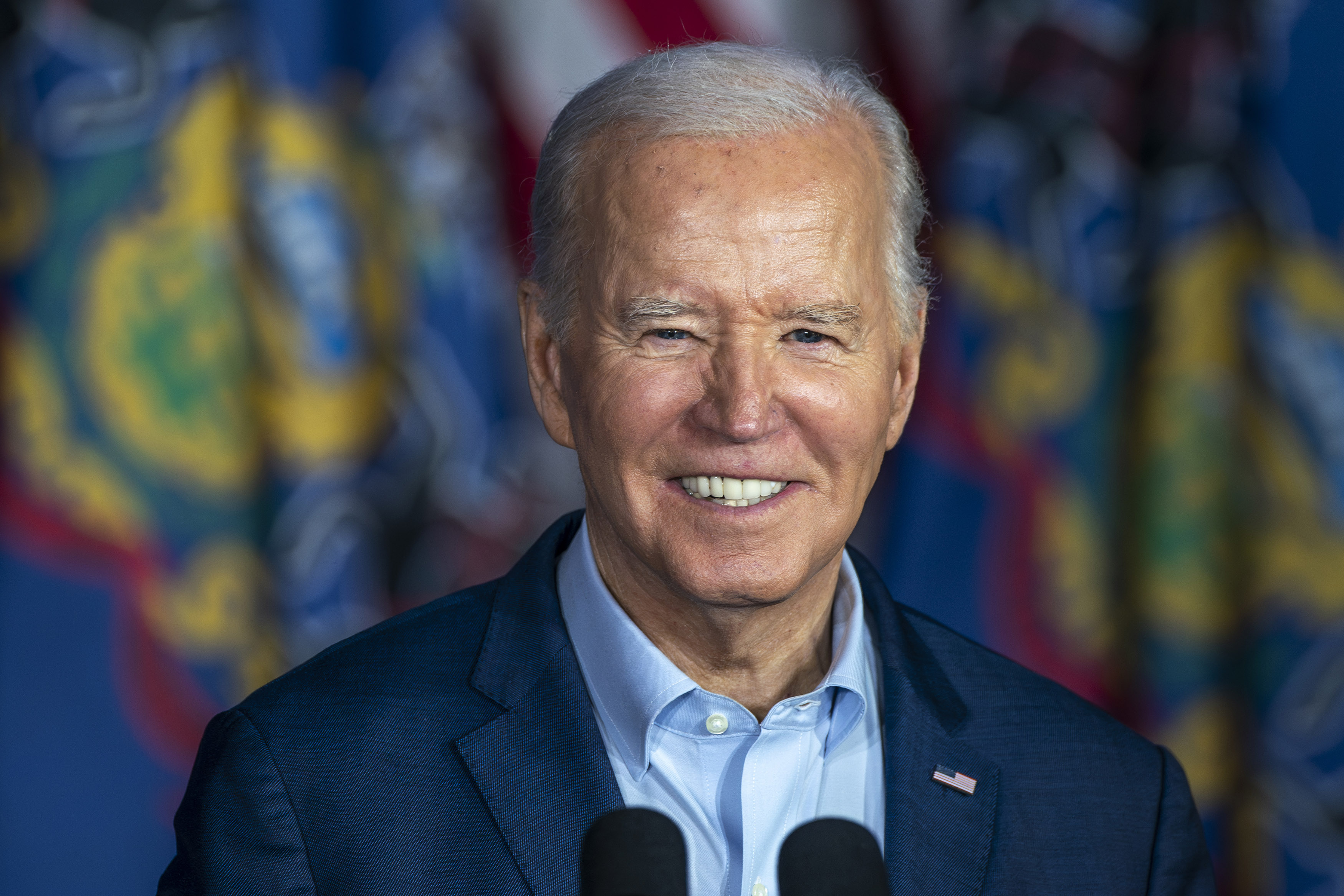
The Republican Party wouldn't be cheering today if it weren't for the enthusiasm generated by the Tea Party. Nonetheless, there's an undercurrent of anger, since at least one Senate seat that should have gone to the GOP stayed in Democratic hands (hello, Christine O'Donnell), thanks to the Tea Party and its self-proclaimed leader, Sarah Palin. The Republican establishment, or what's left of it, is heading for a huge fight within the party over which faction will gain dominance going into the 2012 presidential race.
Palin is extremely gifted at getting media attention, but the big-money players like Karl Rove and the Chamber of Commerce presumably don't think she can win a national election. They're happy to use her to stir people up, but they appear to be wary of her as their nominee, and for good reason. A CBS News poll last month found that just 22 percent of Americans have a favorable view of Palin, and even among Republicans she falls short of a majority, with just 44 percent, which suggests she would have trouble winning a contested primary.
But the numbers don't tell the whole story. Frank Rusciano, a political-science professor at Rider University, a small liberal-arts college in New Jersey, says Democrats dancing around at the thought of running against Palin may want to recall how the Carter White House in 1980 relished the opportunity to face Ronald Reagan, an aging B-list actor who proved to be the GOP's modern FDR. Taking Palin seriously is the first hurdle a lot of Democrats would have to get over.
The primary calendar begins in Iowa, where Republican voters are among the most ideological and right-leaning in the party. Former Arkansas governor Mike Huckabee, a Baptist minister by training, won in 2008, and Iowa could be fertile ground for Palin. In the scenario sketched out by Rusciano, Palin could lose New Hampshire to, say, Mitt Romney and still come roaring back in the next contest, which is South Carolina, the way George W. Bush did in 2000 after losing New Hampshire to John McCain. But what about all those debates? Wouldn't they trip up Palin, whose syntax hasn't improved since she was parodied on Saturday Night Live? Rusciano teaches a course in political communication, and he recalls how Bush's tortured diction was often mocked, but he nonetheless had a way of speaking to people's grievances that Palin certainly shares. Case in point: she casually called the CBS affiliate in Alaska "corrupt bastards" in an interview on Fox, where she's on the payroll. It's unlikely that her prospective rivals could get away with that, and her refusal to mince words would help Palin further stand out in an otherwise (presumably) all-male lineup of candidates.
Liberals refer to Palin as "the half governor" because she walked away from the job, but Republicans don't necessarily see that as a failing, says Rusciano: "She was presented with a tremendous opportunity to make money for her family, including a young grandbaby. Levi's not coming through. Republicans would not hold that against her." If she doesn't run, her endorsement could make a significant difference, "and she would hold onto it until the last minute, and that person would owe her big time," he says. In Rusciano's view, the only thing that could keep Palin from running in 2012 would be if she didn't want to give up the money she's making as an independent operator. For the Republican Party, this is a nightmare scenario either way, because Palin pushes the GOP so far to the right, either as a kingmaker or as its nominee, that winning the White House in a general election becomes as improbable as Tea Party favorite Christine O'Donnell winning the Senate race in Delaware.
There are already the makings of a "stop Sarah" movement. If you follow the money, it's not Palin and her Tea Party patron, South Carolina Sen. Jim DeMint, who are pulling in the big bucks. Business interests are calling the shots, and they take their cues from Karl Rove and the Chamber of Commerce, who are wary of someone they can't control, like Palin. Even The Weekly Standard, the conservative opinion magazine, an early and enthusiastic booster of Palin, appears to be cooling on her. Under the mocking headline "Sentences We Didn't Finish," the magazine ran Palin's response to a question on the hard-hitting TV show Entertainment Tonight about her presidential ambitions. It's Katie Couric redux, but judge for yourself: "It's going to entail … a real close look at the lay of the land, and to consider whether there are those with that common sense, conservative, pro-Constitution passion, whether there are already candidates out there who can do the job—and I'll get to be their biggest supporter and their biggest helpmate if they will have me—or whether there's nobody willing to do it, to make the tough choices and not care what the critics are going to say about you, just going forward according to what I believe the priorities …" Got it? You betcha.
Uncommon Knowledge
Newsweek is committed to challenging conventional wisdom and finding connections in the search for common ground.
Newsweek is committed to challenging conventional wisdom and finding connections in the search for common ground.
About the writer
To read how Newsweek uses AI as a newsroom tool, Click here.






